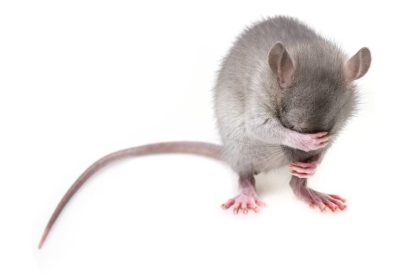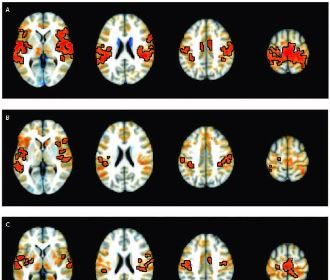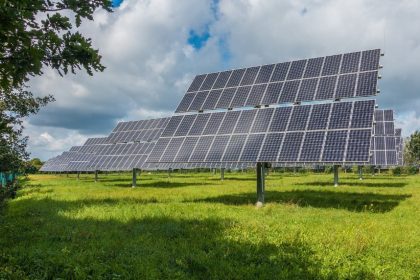Drug Developer Begins Trial of Autism Treatment

WASHINGTON — Yamo Pharmaceuticals recently enrolled its first patient in a phase 2 clinical trial that may result in medicines able to treat the core behaviors of autism spectrum disorder.
“There are 20 million or more people with autism around the world, and from everything we’ve seen they are desperate for something,” said Eugene Prahin, the chief financial officer at Yamo Pharmaceuticals, during a phone call with The Well News.
Autism is a group of complex neuro-developmental disorders which can impact a person’s social communication and interactions.
Prior research suggests that genetic and environmental factors are root causes of autism, which typically begins in early childhood and continues throughout a person’s life.
Currently, there are no approved treatments which target the core symptoms of autism. According to Prahin, there are only a few antipsychotic medicines that are approved to target autism-related irritability.
“[The inventor] thought that people with autism are showing a flight or fight response, and that a drug that regulates the central nervous system activity should help these kids,” said Prahin.
A drug known as L1-79, which inhibits production of an organic compound called catecholamine, was exactly that.
To develop L1-79, Yamo Pharmaceuticals took an existing drug and developed a less severe and less toxic version.
In 2016, Yamo Pharmaceuticals completed a 12-week open label trial with L1-79 involving eight patients of various ages, from toddler to adult, in clinics in New York and New Jersey who took the pill twice a day.
Based on the positive results of the open label study, Yamo Pharmaceuticals worked with the U.S. Food and Drug Administration to develop a safety and dose ranging study involving 42 participants, aged 13 to 21, from 2016-2018.
In May 2018, the FDA granted Yamo Pharmaceuticals a Fast Track Designation based on all of the available study results.
“At the end of the last study, a number of parents were so impacted by kids being on L1-79 that they requested a special message to FDA about the benefits of the drug,” said Prahin.
Prahin said that a lot of the parents said prior to the study their children did not have normal sleeping patterns, or were prone to self-harm, were aggressive with families and care takers, or found it hard to show empathy, but after the trial of L1-79 the parents noticed changes in these behaviors.
The behavior changes were also observed by third parties who were unaware of the trial, like a school bus driver who experienced a new type of interaction with the participant.
“It’s not just these kids who have difficult lives but their families. It’s the kind of stuff where a minor improvement really changes a family’s life,” said Prahin.
The phase 2 clinical trial, which started last week, will involve two cohorts of participants to receive either a high or low dose of L1-79 ranging from 400-600 mg a day.
The company will continue to recruit participants between the ages of 12-21 who have an IQ over 70 from six clinical sites that are leaders in the autism space, such as the Thompson Autism Center at the Children’s Hospital of Orange County.
They also plan to offer a compassionate use program, in conjunction with any future phase 3 studies, for parents who have seen positive results in the children who underwent a previous trial.
“Our objective is not to exclude anyone, but to identify the best patient population to show efficacy,” said Prahin.
The trial received funding from the Autism Impact Fund, whose mission is to revolutionize the status quo for diagnosing, treating and living with autism through a venture capital model, which has also funded six other companies outside of Yamo Pharmaceuticals that are focused on reforming care for those living with autism.
The phase 2 clinical trial is expected to end in the middle of next year, Prahin said, and future clinical studies will seek to incorporate a younger demographic.
“Assuming the study we just started is successful, after that, we will do two phase 3 pivotal studies, and if those show statistical significance, then it will likely be approved by FDA, as long as they are otherwise okay with our drug’s efficacy and safety profile,” said Prahin.
“If the drug works the way the parents say it works — we still need to prove that — but it would be a tremendous change and benefit to both kids and families,” continued Prahin.
Alexa can be reached at [email protected]
This article has been updated to note that Yamo Pharmaceuticals plans to offer a compassionate use program. in conjunction with any future phase 3 studies, for parents who have seen positive results in the children who underwent a previous trial.
























